Blood Deficiency in Chinese Medicine

Chinese Medicine recognizes patterns within the body that help to distinguish underlying causes of imbalances or disease. A common pattern differentiation within Chinese Medicine (CM) that we will be discussing here today is known as Blood deficiency.
The Blood in CM is more than just the red substance that flows through our veins and arteries carrying oxygen to the various parts of our body. It has other various roles within Chinese medical physiology such as anchoring the Shen, circulating essential nutrients, and Qi, as well as being known for carrying emotions and memories. Blood is the most abundant yin fluid and to have abundant Qi (vital life energy) you must have abundant blood.
This pattern is often most predominant in women but can impact anyone, and one doesn’t need to be diagnosed with anemia to be considered blood deficient in CM, but there are many similarities. This state can be caused by conditions such as pregnancy, inability to absorb iron, heavy blood loss, poor diet, chronic nutritional deficiency, or high stress and overwork. A Blood deficiency pattern is often recognized by a combination of the signs and symptoms listed below.
The organ systems of the Liver, Heart, and Spleen are most related to the governing and production of Blood—The Heart ("governs Blood"), the Spleen (controls Blood"), and the Liver ("stores Blood").
Blood Deficiency Signs
In Traditional Chinese Medicine, blood deficiency is viewed as a condition related to the insufficient production or quality of blood. It is often associated with the concept of "Blood Deficiency" or "Xue Xu" in Chinese medicine. TCM practitioners assess these signs and symptoms along with other diagnostic methods to understand the underlying patterns of imbalance in the body and prescribe herbal remedies, acupuncture, dietary changes, or lifestyle modifications to address blood deficiency and restore balance. Manifestations of blood deficiency in TCM may include:

Brittle nails
Brittle, thinning hair or Loss of Hair
Premature aging
Dryness
Depression
Fatigue
Scant or short menses
Heart palpitations
Dizziness
Poor Memory
Easy to bruise
Pale complexion
Herbs to Help with Blood Deficiency
Herbs can help address blood deficiency in Traditional Chinese Medicine (TCM) by providing nourishment, promoting circulation, and supporting the body's natural processes. TCM practitioners may prescribe specific herbs known for their blood-tonifying properties, such as Dang Gui (Angelica sinensis) and Shu Di Huang (Rehmannia glutinosa), to enhance blood production and improve its quality. These herbs work synergistically to restore balance, addressing symptoms like fatigue, pale complexion, and menstrual irregularities associated with blood deficiency. Incorporating these herbs into a holistic treatment plan can contribute to overall well-being and vitality.
He Shou Wu
Shu Di Huang
Long Gan
Da Zao
Goji
Dang Gui
Nettle
Foods to help with Blood Deficiency

I truly believe that a proper diet and healthy digestion are the foundation of optimal health, so when trying to correct imbalances within our body, diet is the first place to look. Many of these foods listed that are high in iron are best eaten with vitamin C to help maximize the absorption of iron.
Dark green vegetables
Seaweeds
Spirulina
Beets
Pomegranates, goji berries
Grains such as oats, rice, barley
Seas foods such as tuna, oysters, sardines
Mushrooms
Organ meat, red meat, eggs
Beans such as red beans, kidney beans, and black beans
SHOP THE STORY
These foundational books offer a clear and accessible path into the world of Acupuncture and Chinese Medicine. Whether you're studying to become a practitioner or simply curious about the theory behind the treatments, these titles will deepen your understanding and appreciation for this ancient healing system, one thoughtful page at a time.
The article goes over the best professional massage tables available for acupuncturists, massage therapists or other bodyworkers. A long-lasting and high-quality table is key!
This article explains the basics of abdominal self-massage. It is a great option for increasing self-care, digestive complaints, reproductive issues or low back pain.
Spleen Qi Deficiency is a very common imbalance in Chinese Medicine. This article explains what that means, and what to do about it. It offers lifestyle suggestions as well as food choices, while giving an extensive overview of the theory attached from TCM.
Discover how acupuncture can calm your mind, balance your body, and support lasting relief from anxiety. Learn what to expect in a session, how it works, and why more people are turning to this natural solution for modern-day stress.
By recognizing the manifestations of dampness, identifying its signs and symptoms, and incorporating dampness-clearing foods into your diet, you can work towards restoring balance and promoting overall well-being. This sticle will explain signs and symptoms of Dampness, and offer a few solutions.
This article explains the benefits of cosmetic acupuncture and what t o know if you are also engaging in other aesthetic procedures.
This article explores the mind-body connection in Chinese Medicine, a concept known as the Shen. It helps explains the 5 aspects of the Shen and their links to Organ Systems and meridians.
This article explains the transformative power of the CHIRP Wheel, a unique spinal relief tool designed to prevent excess pressure on the spine while targeting muscles on both sides of your neck and back. It also offers simple steps for a safe and effective experience!
Learn about Kidney Yang Deficiency in Traditional Chinese Medicine, including signs, symptoms, food choices, and lifestyle tips to restore balance and vitality. Discover a warming recipe to support Kidney Yang health.
This article explains the Liver Organ System in Chinese Medicine.. and goes into detail about its functions and importance upon governing the smooth flow of Qi, and hence overall well-being.
This article explains the importance of the fascial network and ways to access it for better health.
Intro to Red Light Therapy (RLT) and its benefits when used in conjunction with acupuncture.
Traveling the world with children is such a rewarding experience, albeit sometimes stressful. Being prepared with natural remedies and a proper first aid kit is essential!
In this article, we dive into the essence of the San Jiao and its significance as three distinct divisions, and one complete system, of the body.
This recipe is for a naturally sweetened elderberry gummy! Easy and delicious.
Tasty and Nourishing Roasted Kabocha Squash Recipe. SO simple and delicious!
This simple receipe for nourishing chicken can easily become a staple in your household!
Fireside tonic has been used in natural medicine to help ward off colds and boost digestion. This article offers an east to follow recipe.
Quick pickles are some of my fav dishes- Heres an easy recipe for pickled Daikon Radish!
This simple tea recipe talks about the benefits of goji, da zao, and longan tea, with an easy delicious recipe for vitality and beauty!
This recipe is for turmeric paste, an amazing way to prepare turmeric to make easy and potent lattes, curries, herbal remedies.
This Refreshing Cucumber Salad with rice wine vinegar offers a perfect balance of tangy, sweet, and savory flavors, with a hint of sesame and garlic for a light yet flavorful side dish.
This recipe is for a quick pickled onion, which makes a delicious and healthy addition to many dishes.
Thie quick recipe makes a delightful gingery spinach side dish to accompany any meal.
Lenore Cangeloso is a Board Certified Acupuncturist, Clinical Herbalist and avid writer based in Southeast Portland.
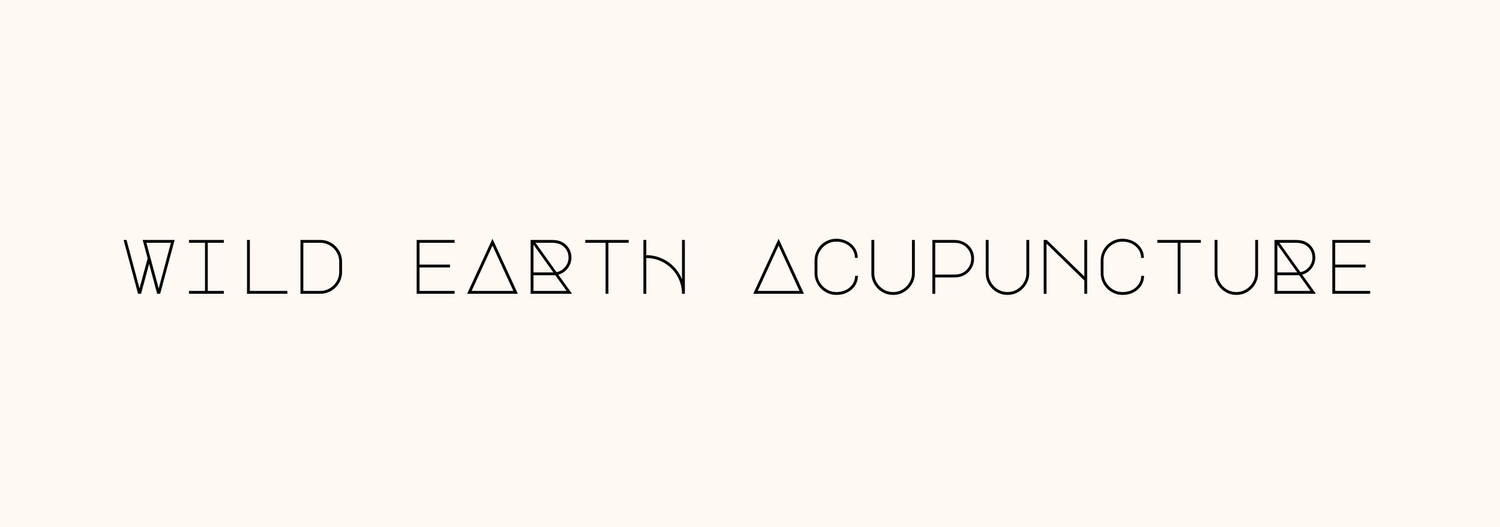































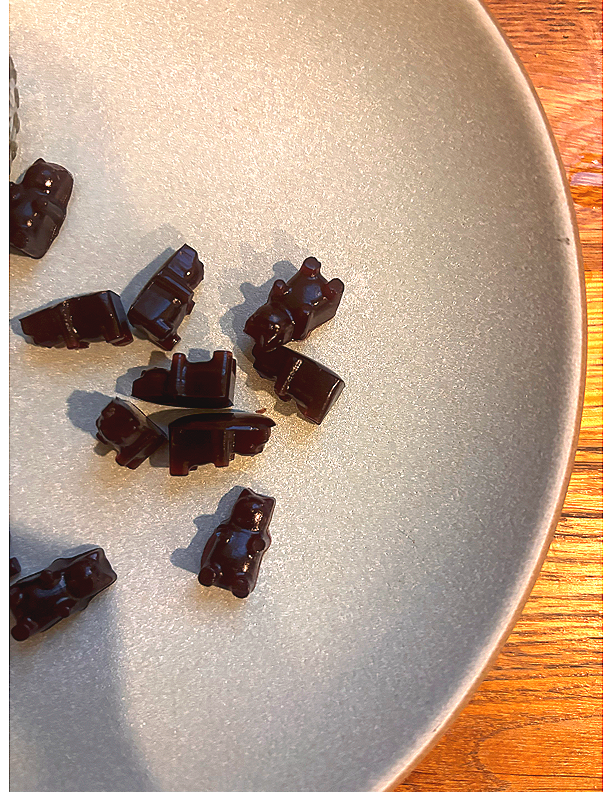







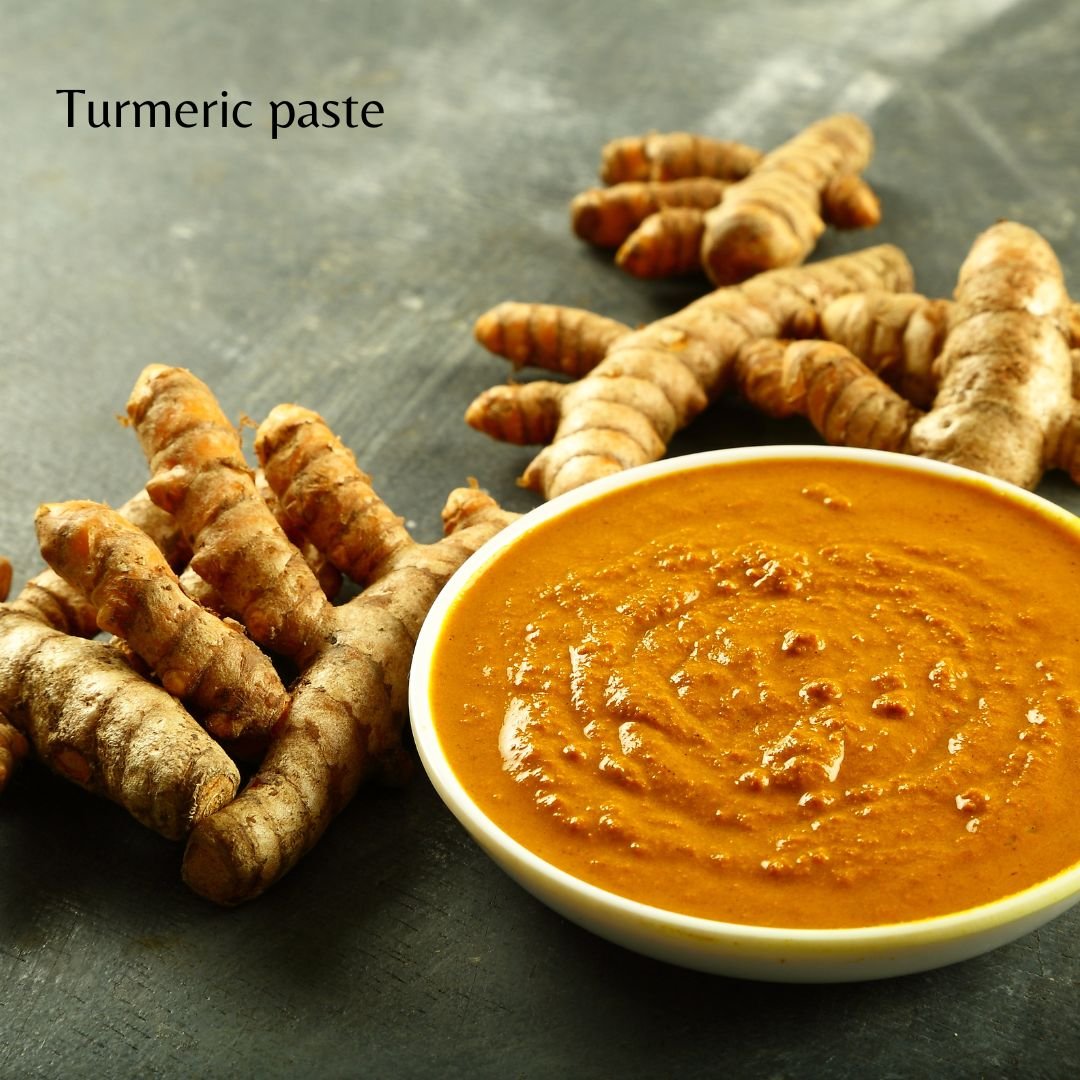





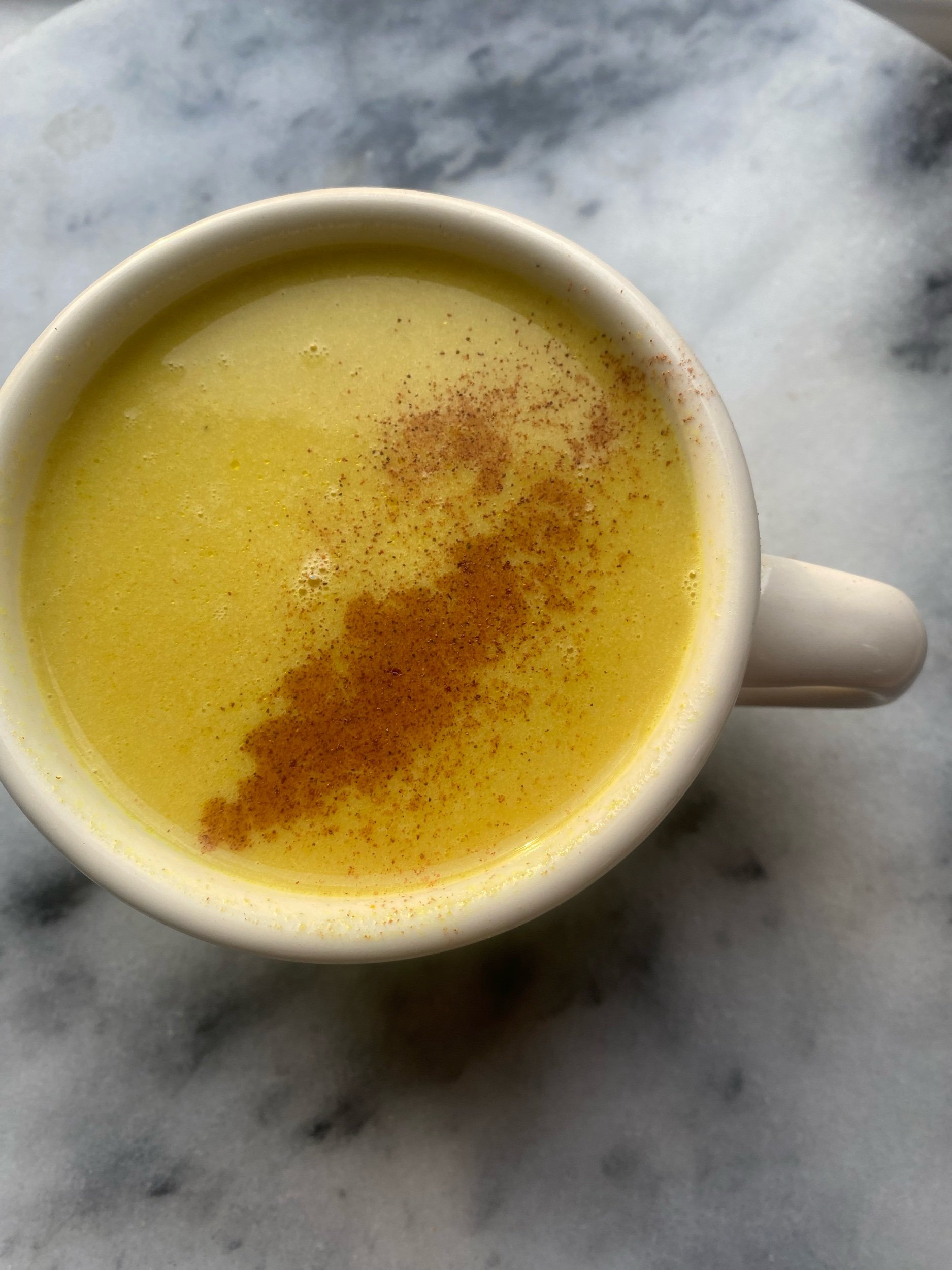

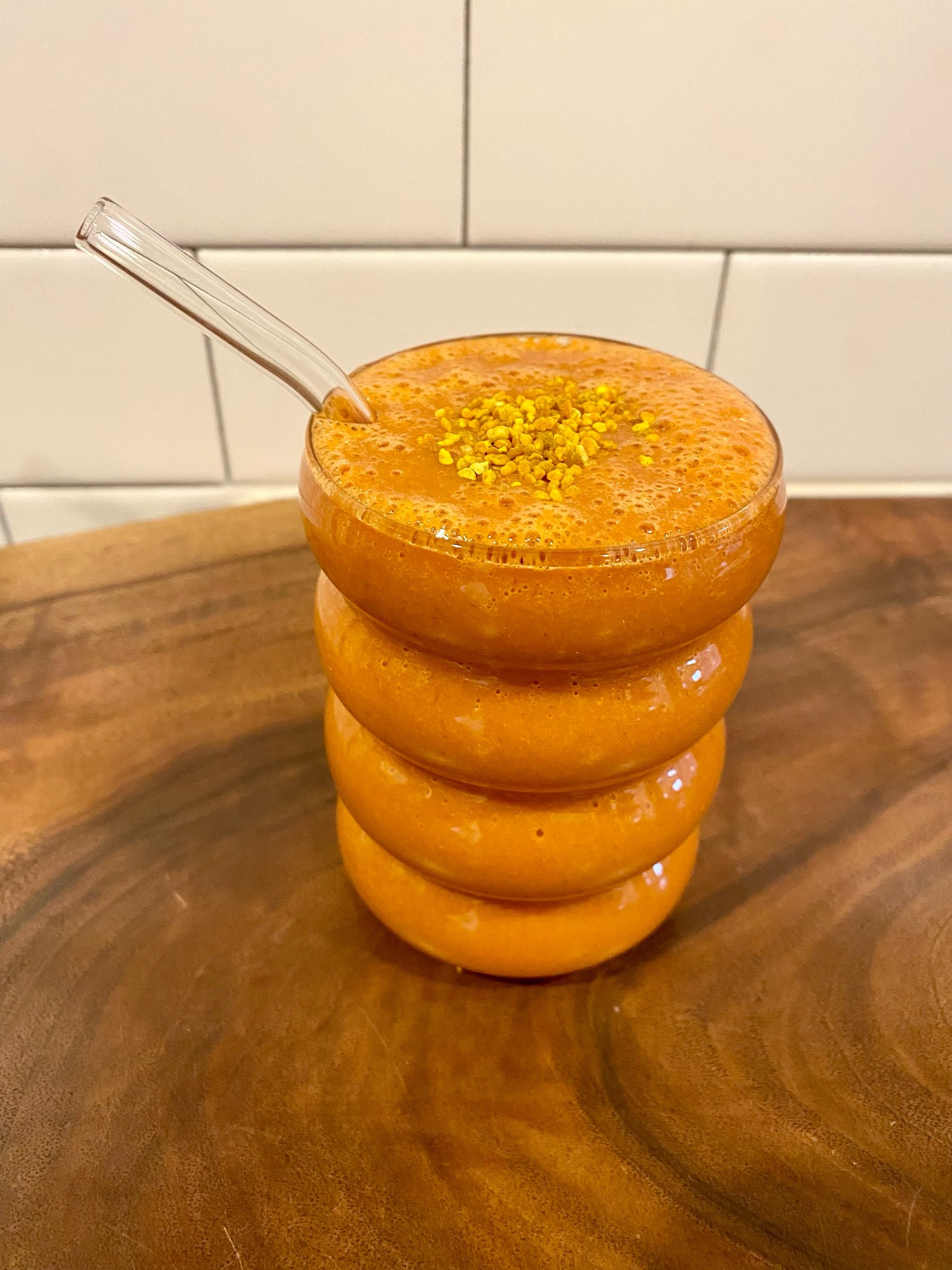
Bone broth is valued all over the world for its delicious taste and highly nutritious components. It is rich in vitamins, minerals, collagen, gelatin, keratin and stock full of amino acids. Read on to learn a super easy recipe!